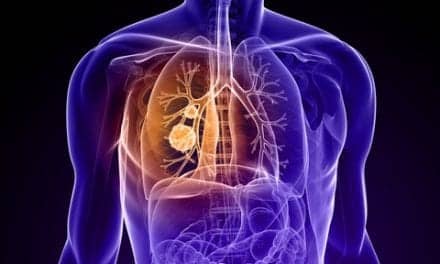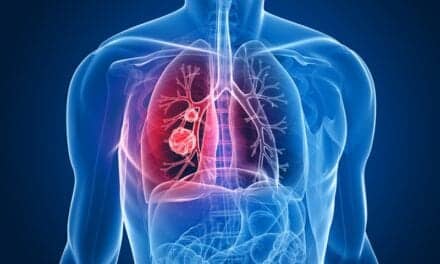Pollution from marine vessels—linked with roughly 60,000 premature cardiopulmonary and lung cancer deaths annually—could increase by 40% by 2012, according to a report scheduled to appear in the Dec. 15 issue of Environmental Science and Technology.
Conducted by James Corbett of University of Delaware and James Winebrake from Rochester Institute of Technology, the study correlates the global distribution of particulate matter—black carbon, sulfur, nitrogen and organic particles—released from ships’ smoke stacks with heart disease and lung cancer mortalities in adults.
Ships run on residual oil, which has sulfur content thousands of times greater than on-road diesel fuel. “Residual oil is a byproduct of the refinery process and tends to be much dirtier than other petroleum products,” Winebrake says.
“We needed to know what the benefits are of cleaning up this fuel,” he explains. “Now we can evaluate the human health impacts of policies to require low-sulfur fuels for the shipping industry or that require ships to put emissions control technology on their vessels. Our study will help inform this policy debate.”
Annual deaths related to shipping emissions in Europe are estimated at 26,710, while the mortality rate is 19,870 in East Asia and 9,950 in South Asia. North America has approximately 5,000 premature deaths, concentrated mostly in the Gulf Coast region, the West Coast and the Northeast, while the eastern coast of South America has 790 mortalities.









